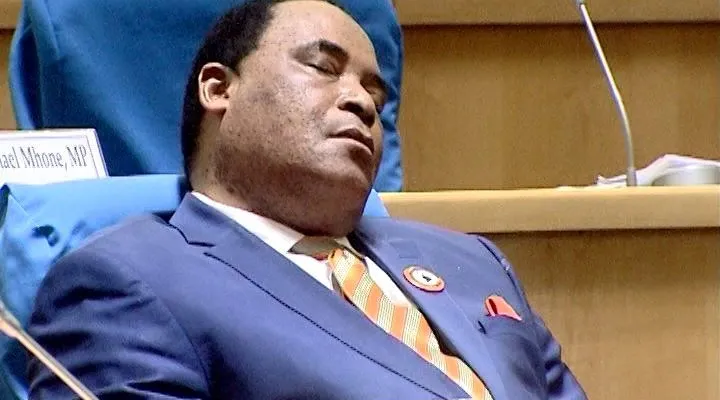
Time and again, notable individuals are observed sleeping in Parliament, public events, or even during staff meetings here in Malawi. Is it due to insufficient sleep or a lack of interest in their surroundings?
This article focuses on the causes of sleeping in the office, at work, during meetings, and even in church. It also offers potential solutions on how to avoid sleeping during public gatherings.
The nucleus accumbens, the part of the brain associated with motivation and pleasure, can also induce sleep. When you lack motivation or satisfaction with your current environment, your brain signals that it’s time to fall asleep.

Research conducted by Restworks in 2021 indicates that employees tend to nap more when working from home, and they would do the same at the office if given the opportunity. In fact, 70% of workers agree that employers should encourage napping in the workplace. Chronic sleep deprivation carries serious health consequences.
Is it normal to fall asleep during meetings? At least some of the time, it’s likely that employees do. A review of research by the resume writing site LiveCareer reveals that 39% of employees admit to falling asleep during work meetings. This is just one surprising finding from LiveCareer’s study.
Conclusion:
You can prevent yourself from falling asleep in a meeting. Here are some tips to help you stay awake at work and avoid dozing off during important meetings:
- Stay hydrated.
- Lower the temperature.
- Splash cold water on your face.
- Take short breaks.
- Begin with easier tasks first.
- Eat healthy snacks.
- Have an energizing lunch.
- Engage in social interactions.
Here are some additional tips:
- Sit in the front of the room.
- Take notes.
- Ask questions.
- Stand up and move around every 20-30 minutes.
- Get enough sleep the night before the meeting.
- Avoid caffeine and alcohol before the meeting.














